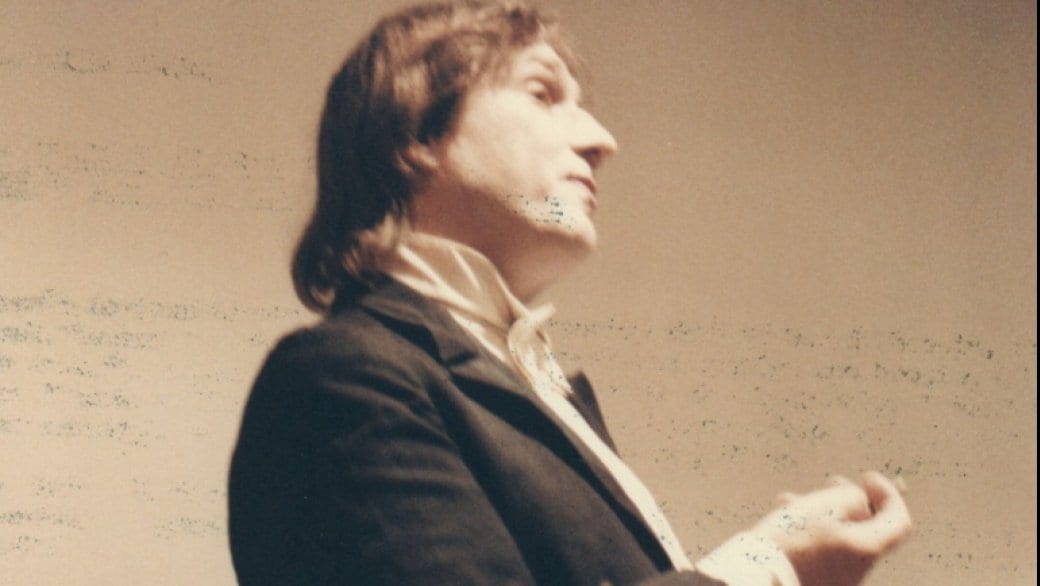Rosemary Doyle wants to work toward a better world by invoking the spirit of gay martyr and quintessential aesthete Oscar Wilde.
“We need a voice,” she says. “And Oscar Wilde, I think, epitomizes a very political and yet not stodgy voice for us.”
To Doyle, who’s been a fan of the famous playwright and author since she was a child, Wilde stands for doing what’s right in spite of the consequences, especially when it came to queer rights and the effects of the criminal justice system. She argues that’s why he famously defended his homosexuality in court in 1895 at the risk of going to prison on a charge of “gross indecency.”
But he’s not just a voice — he’s a voice that persuades with humour and wit.
“I think that people have kind of decided that you have to have no sense of humour in order to take on what’s wrong with the world,” she says. “But I say humour is the only thing that will save us.”
Doyle wants to bring all of this to The Wilde Festival, a performing arts festival that she is developing with Jennifer Watson and Dorian Hart (all of whom identify as queer). The festival will put on its first ever production in January 2017, in Toronto.
It’s not just about performing Wilde’s works like the favourite The Importance of Being Earnest — though it’s part of it — but it’s mainly about performing works that capture the spirit of Wilde.
“The mandate of the festival is to do anything by Oscar Wilde, as well as anything he would have liked,” she says.
She hopes this will not only be an exciting theatrical experience but the starter of fruitful discussions on important but often taboo subjects.
The festival’s inaugural production is a play called, Introducing Mr Wilde, or Work is the Curse of the Drinking Class. The one-man show is written and performed by the UK-based Neil Titley. It’s 1898 and Wilde is in a self-imposed exile in Paris after being released from prison. He’s wittily reflecting on his life.
Titley has been performing a version of this piece for several decades now. According to a festival press release, he’s performed it in over 100 towns across the UK, and in cities all over the world — from Alabama to Hong Kong.
“It’s a great introduction to all the facets of Wilde,” Doyle says. “He’s older and reflecting on everything . . . and I think if people are going to understand what we’re doing with this festival, they’re going to need to understand who this man was, and I think this play is a good foundation for that.”
The Wilde Festival is still in its infancy, with the first instalment consisting of only one play that takes place at the Red Sandcastle Theatre (which Doyle owns). Doyle hopes that within five years, the festival will grow in size and have a larger home than the 50-seat theatre on Queen Street East.
And it won’t just be plays — any type of live performance is fair game.
“I think the world needs more Wilde,” she says. “I think we’ve forgotten the delicacy of wit and how being amazing, fabulous and wonderful can be a political statement.”
Introducing Mr Wilde, or Work is the Curse of the Drinking Class
Jan 6–15, 2017, various showtimes
Red Sandcastle Theatre, 922 Queen St E, Toronto


 Why you can trust Xtra
Why you can trust Xtra


